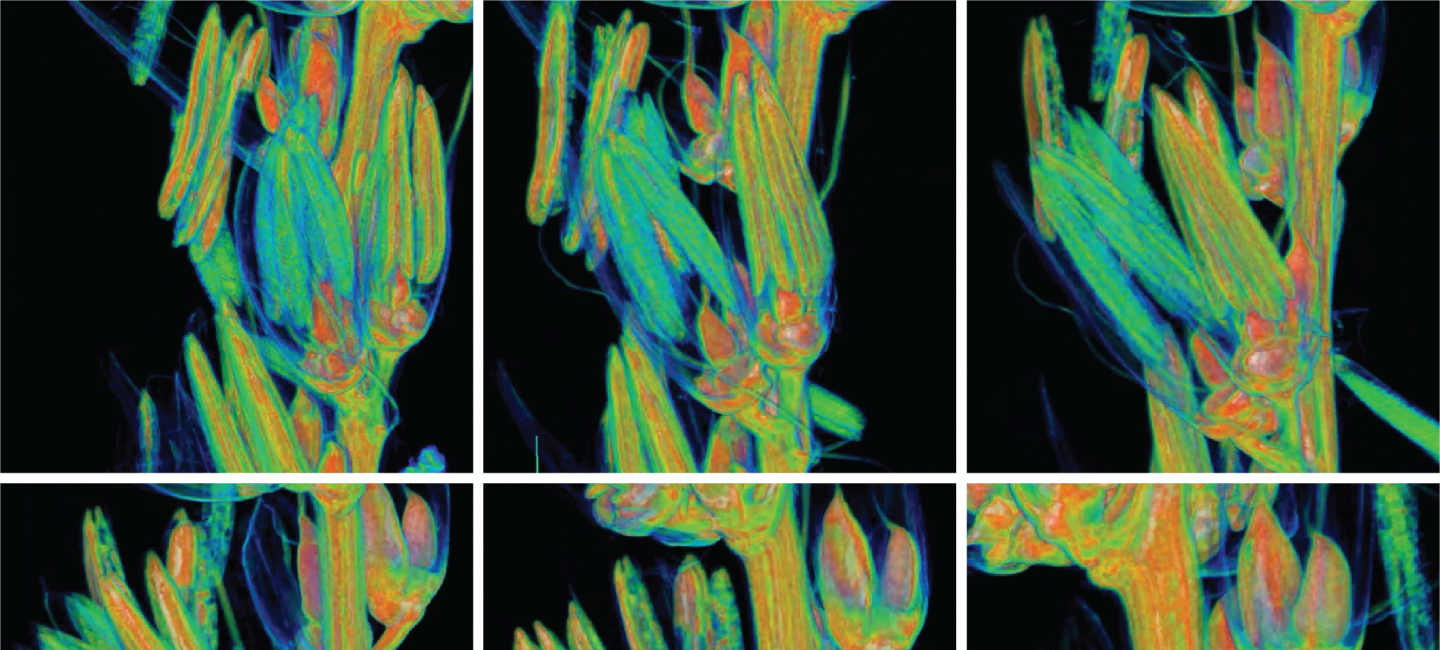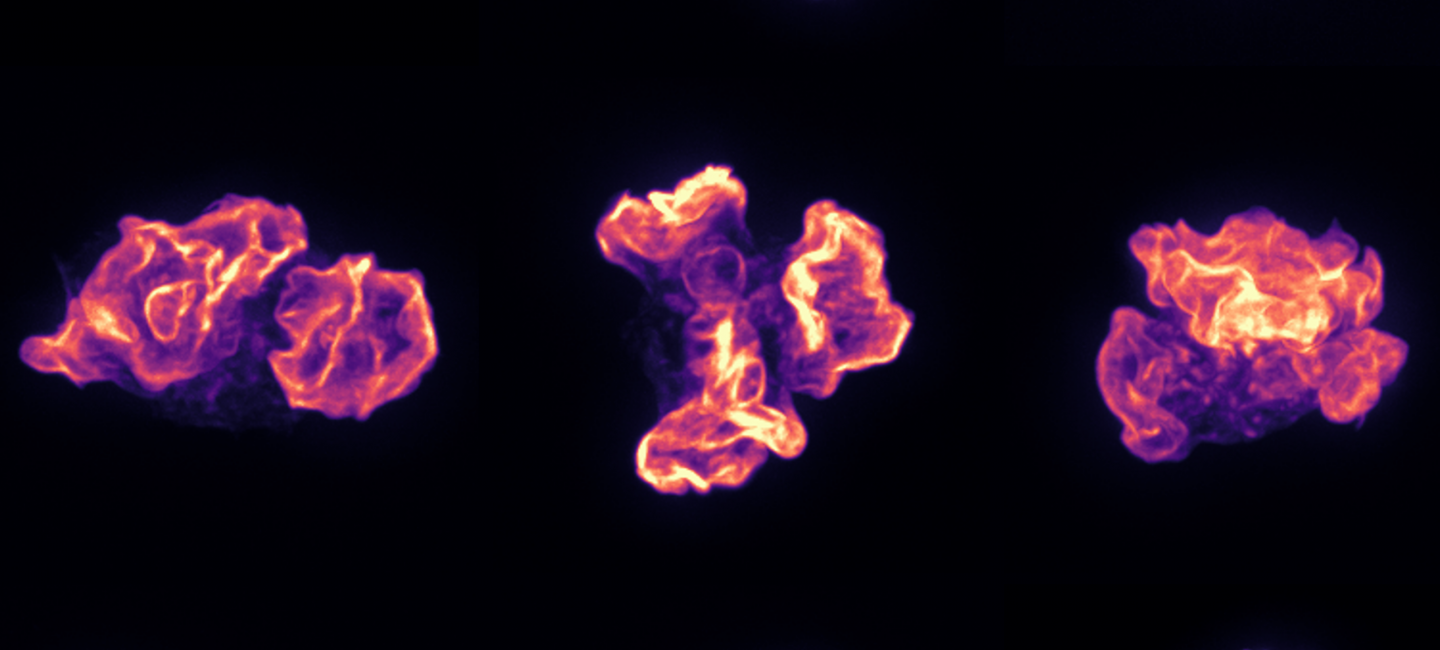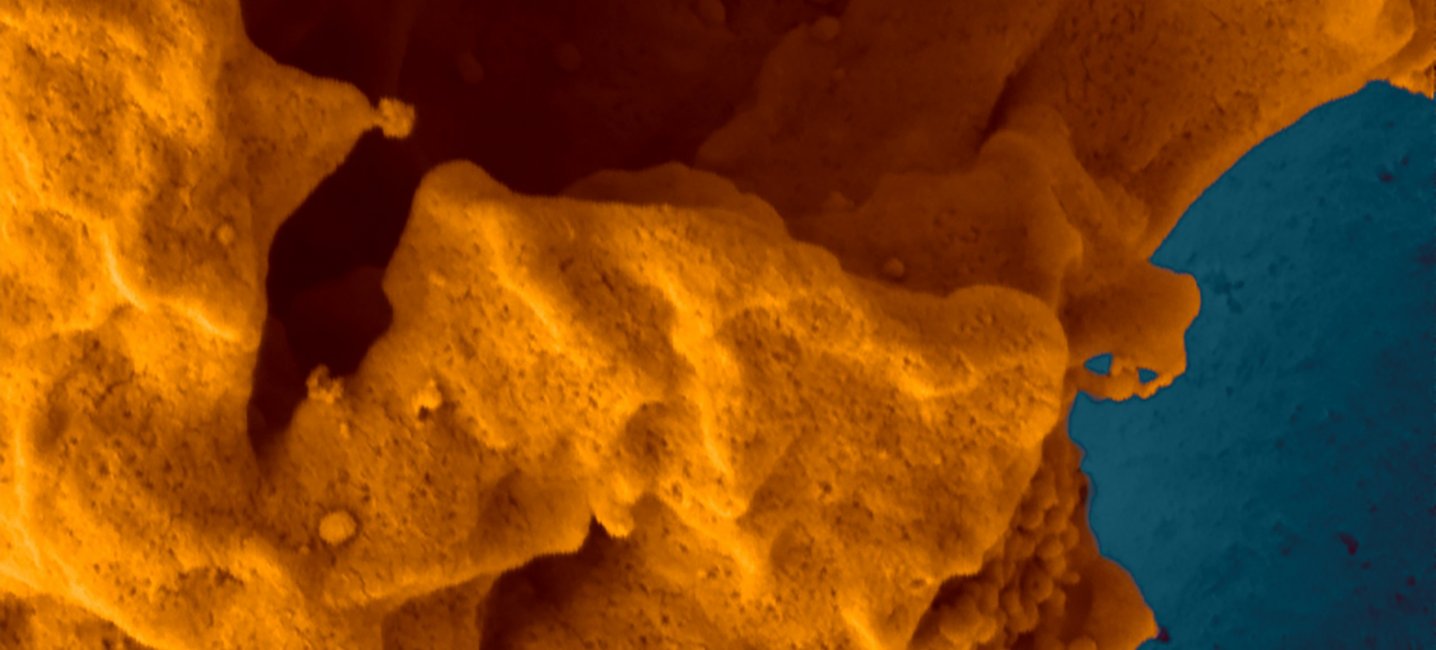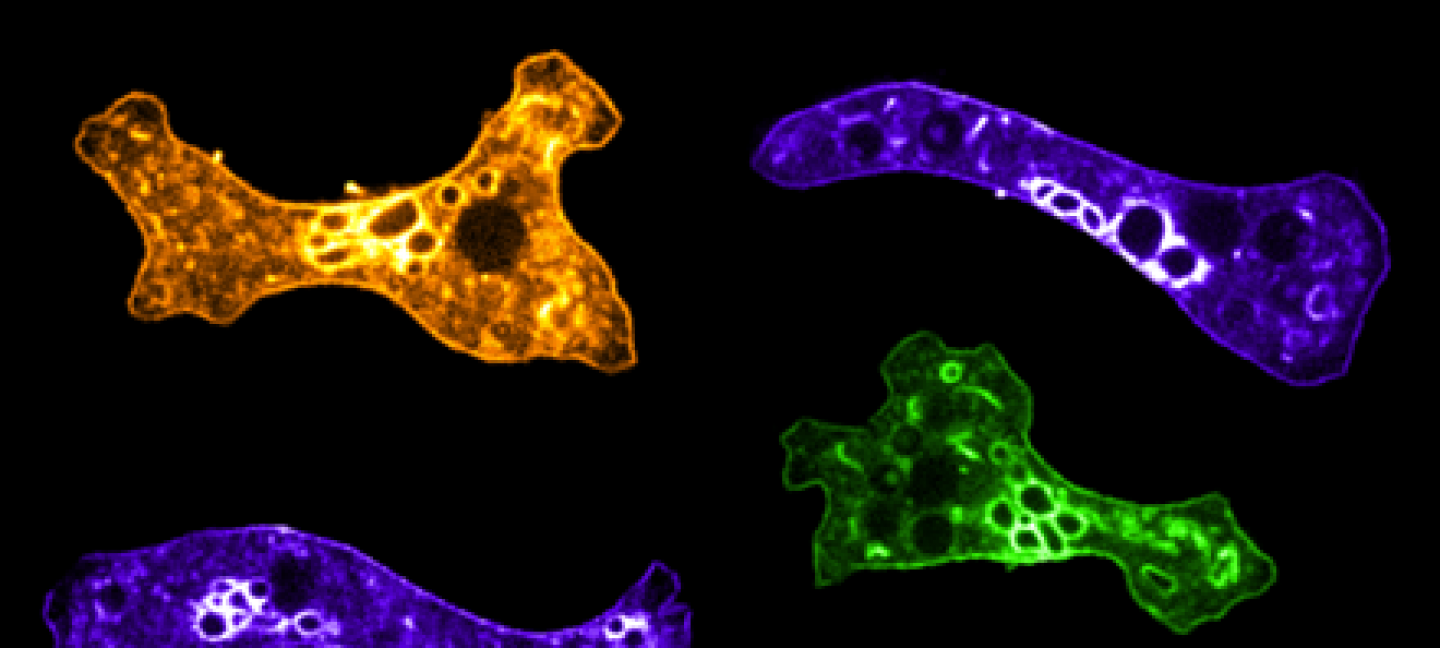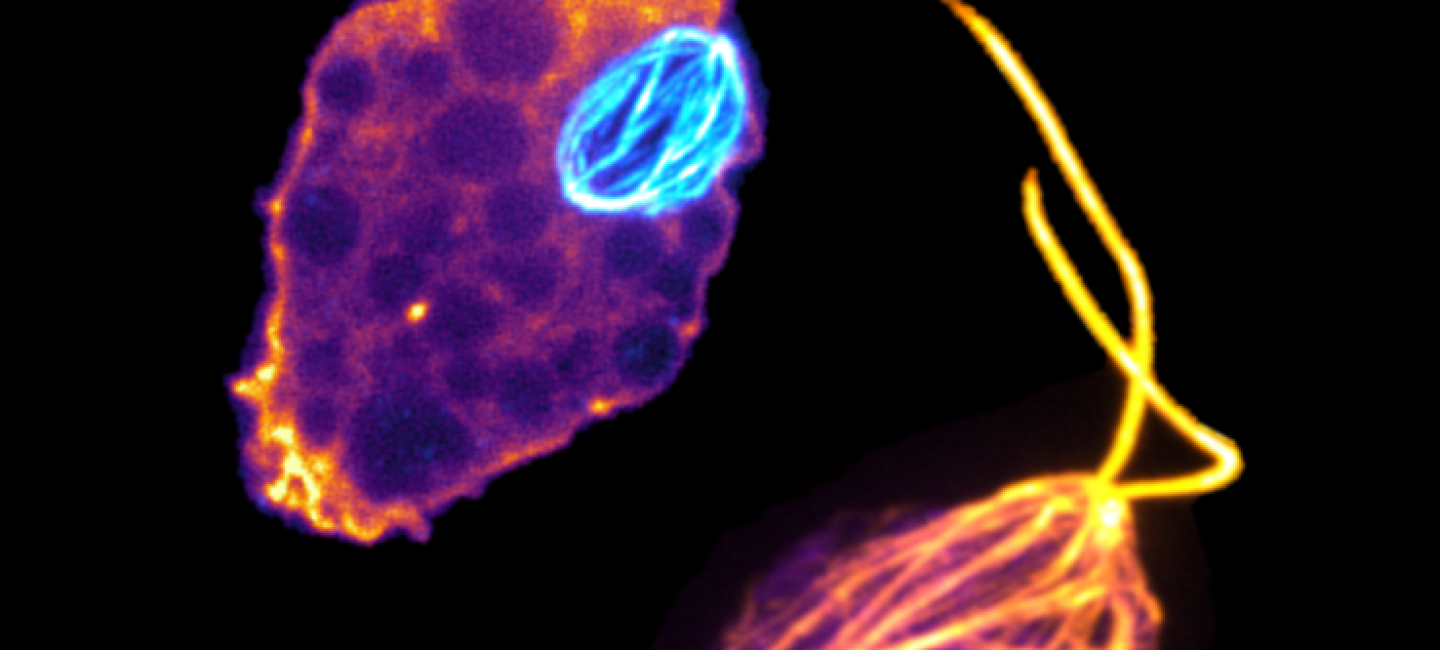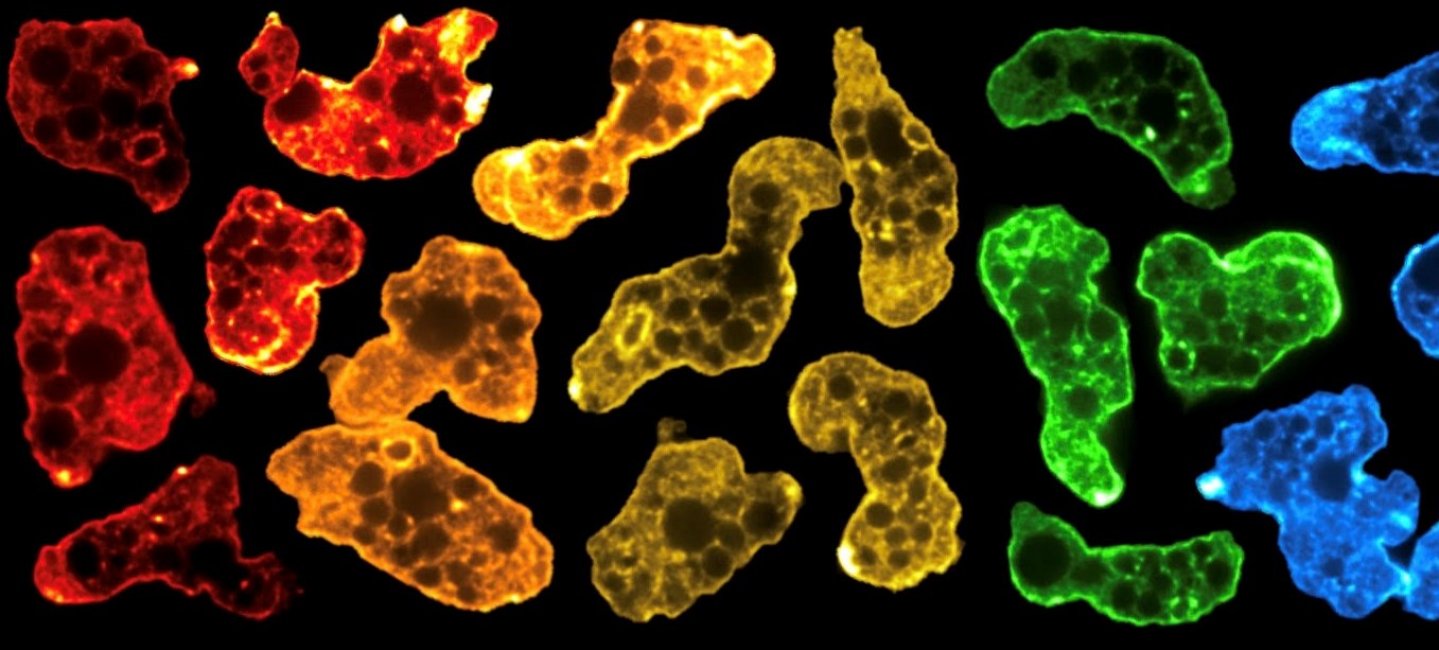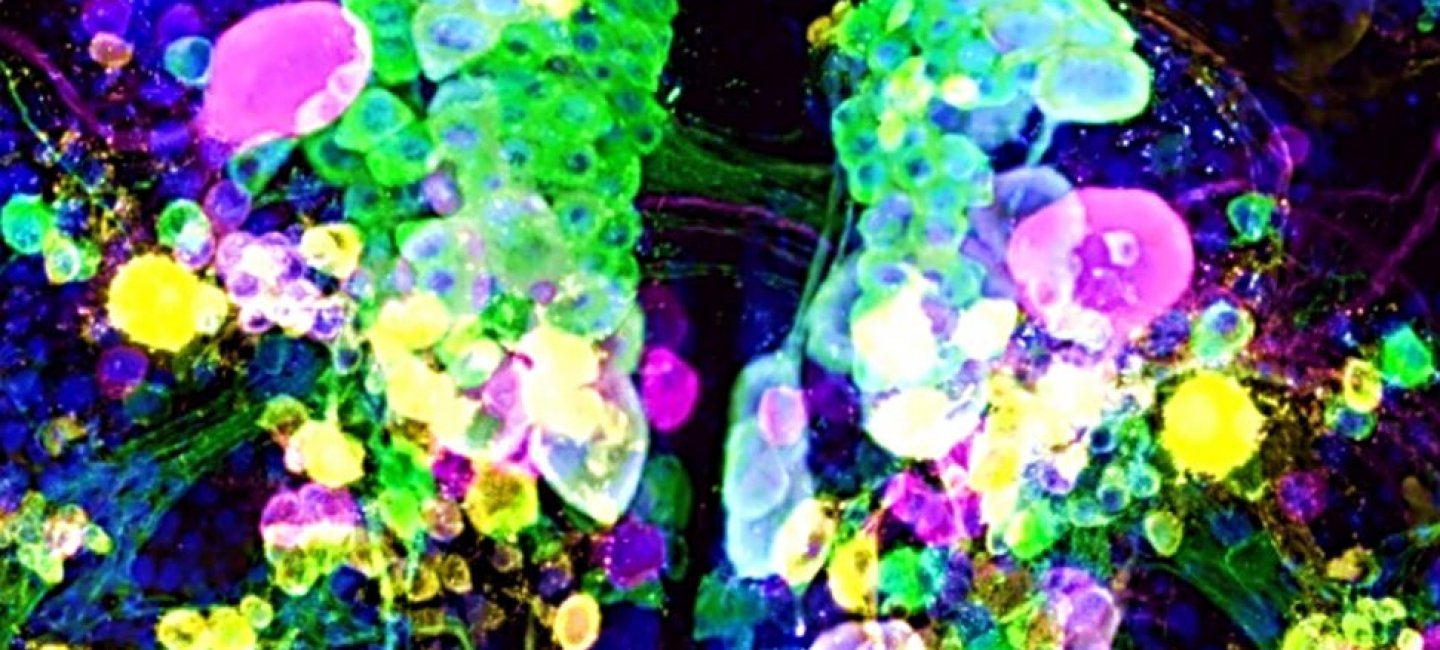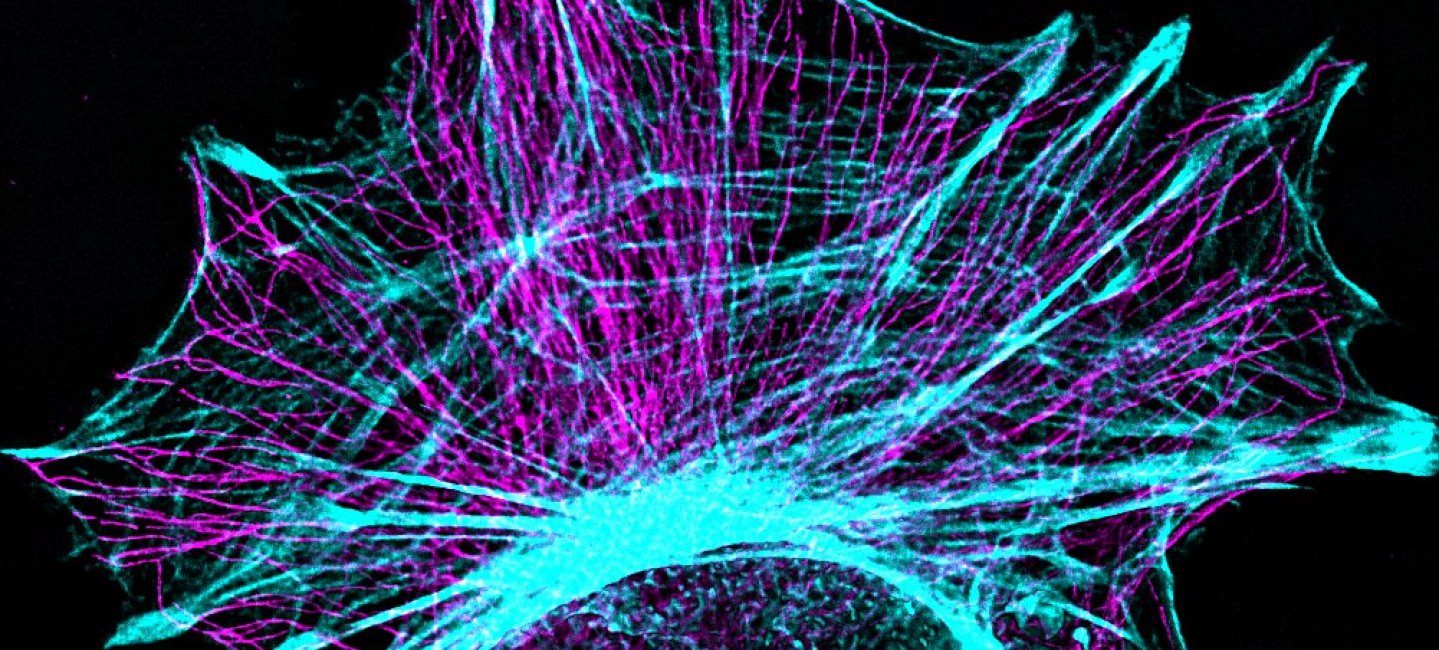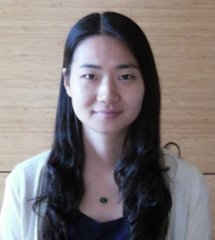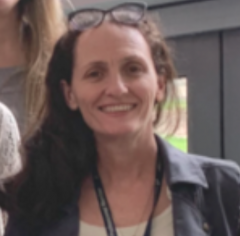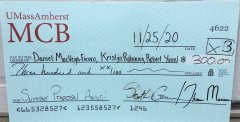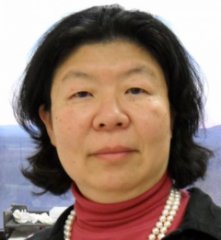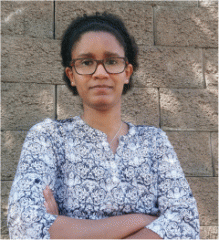News & Announcements
Yingying Geng PhD Dissertation Defense
Yingying Geng PhD Dissertation Defense
Tuesday, January 26, 2021
2:00 PM
Zoom link: Please contact mcb@mcb.umass.edu to be included on the email list for this announcement
Dissertation Title: "Rapid cell phenotyping using nanosensors: Applications in cancer stem cell therapeutics and high-content screening"
Advisor: Vincent Rotello
Two VASCI Faculty Receive Major NIH Grants from its Knockout Mouse Project
Two VASCI Faculty Receive Major NIH Grants from its Knockout Mouse Project
UMass Amherst veterinary and animal science researchers Kim Tremblay and Jesse Mager, a wife-and-husband team nationally known for expertise in embryonic development, have each received five-year awards from the National Institutes of Health (NIH) to study distinct stages of embryo development in mice that have had essential genes knocked out. They will collaborate with Wei Cui, director of the Animal Models Core at the campus’s Institute for Applied Life Sciences.
Specifically, Mager and Tremblay, who are co-investigators on each other’s grants, have chosen to investigate a large number of lethal genes whose function is not well understood or not studied at all. These knock-out animals are produced by the Knockout Mouse Project (KOMP), part of the international mouse phenotyping consortium (IMPC), a global effort to identify the function of every protein-coding gene in the mouse genome. Mager says, “We chose to study things that nobody else has, because the idea and goal of the project is not to re-do the effort but to contribute to this library of knowledge on what each and every gene does.” Mager will receive $3.1 million for his research and Tremblay will receive $2.1 million for her studies of the KOMP gene’s role in embryonic organ formation. Read more
Embryologist Kim Tremblay Will Explore the Secrets of Liver Regeneration
Embryologist Kim Tremblay Will Explore the Secrets of Liver Regeneration
Scientists have known since ancient times, as notable in Greek mythology, that liver tissue has a remarkable ability to regenerate, but embryologist Kim Tremblay, veterinary and animal sciences, says, “We still don’t know how it does that, it’s still a mystery even after two thousand years.”
She now has a five-year, $1.4 million grant from the NIH’s National Institute of Diabetes and Digestive and Kidney Diseases to investigate how the organ can replace itself in an amazingly short time. “Unlike any of our other organs, if you cut out two-thirds of your liver, it will grow back in seven days,” she says. “What’s amazing about that time is that in many organisms that have a liver, it can grow back in seven days.”
The liver filters impurities, toxins, alcohol and drugs, for example, from the bloodstream, which kills many cells, so in a sense it’s not surprising that the organ can quickly respond to injury by making new ones, Tremblay says. “There is a reservoir of cells that replace the dead ones. The liver has a huge number of regenerative or homeostatic cues that trigger this, but we have not yet established which cells are responsible for this.” Read more
Allyson Rosati ’19, ’20G publishes environmental epigenetics breakthrough
Allyson Rosati ’19, ’20G publishes environmental epigenetics breakthrough
Allyson Rosati arrived on the UMass Amherst campus from her nearby hometown of Holliston, Massachusetts with a dream of doing research that could improve human health. “I wanted to do something that would have a practical impact in a health-related field,” recalls Rosati, who joined the environmental epigenetics lab of associate professor Richard Pilsner as a sophomore.
It’s very rare for an undergraduate to publish research as the lead author in a peer-reviewed scientific journal. Rosati accomplished this and more after her research team identified a biomarker in sperm DNA that may predict male reproductive health and refine the diagnosis of male infertility. Rosati, 23, wrote a paper that was recently published paper in the journal Human Reproduction as part of her Commonwealth Honors College (CHC) thesis in 2019.
A double-major in Spanish and biochemistry and molecular biology, Rosati also took advantage of the semester abroad offering, studying in Madrid in the spring of her junior year. As a senior, she received a UMass Rising Researcher award and went on to complete a master’s degree at UMass, continuing her research in Pilsner’s lab. She graduated last spring from the one-year Molecular and Cellular Biology Graduate Program. Read more
Blanchard Lab to investigate soil microbe communities’ response to climate change and role in carbon emissions, supported by a national research team
Blanchard Lab to investigate soil microbe communities’ response to climate change and role in carbon emissions, supported by a national research team
In a new national effort, UMass Amherst scientists led by Jeff Blanchard, biology, have received a two-year, renewable resource grant from the Department of Energy (DOE) to apply – for the first time – new genomics and omics-related techniques to microbial communities at 15 to 20 established NSF research sites across the United States, Hawaii and Puerto Rico.
The new soil data will be integrated with older soil sample data to assess how these communities are responding over time to climate change and their role in respiring carbon dioxide from soil, which is the major repository of terrestrial carbon, Blanchard says.
The work will take advantage of his lab’s soil-warming and microbe population experiments at Harvard Forest in Petersham and the National Science Foundation’s (NSF) National Ecological Observatory Network (NEON). Researchers will use advanced -omics capabilities at the DOE’s Joint Genome Institute (JGI) and its Environmental Molecular Sciences Laboratory (EMSL). “We are fortunate to be able to work with top-notch laboratory and computational scientists at JGI and EMSL,” Blanchard says. Read more
UMass Amherst Faculty Recognized Among 2020 World’s Most Highly Cited Researchers
UMass Amherst Faculty Recognized Among 2020 World’s Most Highly Cited Researchers
Six campus researchers in the College of Natural Sciences (CNS) at the University of Massachusetts Amherst have been recognized among the world’s most highly cited researchers in 2020 by London-based Clarivate Analytics, owner of the Web of Science. They have consistently had high citation counts over a decade. The citation analysis identifies influential researchers as determined by their peers around the world. They are judged to be influential, and their citation records are seen as “a mark of exceptional impact,” the company says.
MCB faculty recognized for this honor include Vincent Rotello, the Charles A. Goessmann Professor of Chemistry and a Distinguished Professor of Chemistry, and Hang Xiao, Professor and Clydesdale Scholar of Food Science. Xiao’s lab focuses on molecular mechanisms and interactions of possible disease-preventing nutraceuticals to enhance nutrient bioavailability through food processing and nanotechnology, among other topics. The Rotello lab takes a multi-disciplinary approach, bringing chemistry, biology and biomedical engineering, to tailor nanomaterials to develop new biological applications. Read more
Kristyn Robinson, Daniel MacVeigh-Fierro and Robert Yvon win proposal competition
Kristyn Robinson, Daniel MacVeigh-Fierro and Robert Yvon win proposal competition
Congratulations to Robert Yvon, Daniel MacVeigh-Fierro and Kristyn Robinson on receiving the internal awards for the MCB proposal competition! MCB students write an NSF-style fellowship proposal as they enter their second year as part of our program curriculum. The proposals are reviewed internally, and prizes are awarded based on the strongest applications. The prizes for the 2019 submissions went to:
Daniel MacVeigh-Fierro, "N6-Methyladenosine (m6A) protects key mRNAs from KSHV-induced mRNA degradation"
Kristyn Robinson, "Understanding key intervention points in a parasitic fungal infection"
Robert Yvon, "Characterization of a Novel Protein/Carbohydrate Microparticle Central to Extracellular Signaling in Plants"
Congratulations to the award winners!
Three UMass Amherst Researchers Named 2020 Fellows of the American Association for the Advancement of Science
Three UMass Amherst Researchers Named 2020 Fellows of the American Association for the Advancement of Science
Three University of Massachusetts Amherst researchers have been named Fellows of the American Association for the Advancement of Science (AAAS), an honor bestowed upon members by their peers to recognize their scientifically or socially distinguished efforts to advance science or its applications. The three are: Professors Alice Cheung, Triantafillos Mountziaris, and James V. Staros.
Alice Y. Cheung, Professor of Biochemistry and Molecular Biology, “for contributions to understanding the molecular and cellular biology of fertilization and polarized cell growth in plants.” Her research interests include understanding the signaling of pollen tube growth in plant sexual reproduction. Her lab works to identify female signal molecules, their receptors on the pollen surface and signalling molecules that regulate the pollen cellular machinery for growth. Another major area of research interest for the Cheung lab is to understand the signaling of plant growth regulators. Read more
MCB Alumna Safia Omer interviewed in the Journal of Cell Science
MCB Alumna Safia Omer interviewed in the Journal of Cell Science
Congratulations to MCB alumna Dr. Safia Omer on her recent interview and publication in the Journal of Cell Science. First Person is a series of interviews with the first authors of a selection of papers published in Journal of Cell Science, helping early-career researchers promote themselves alongside their papers. Safia Omer is first author on ‘Overexpression of Mdm36 reveals Num1 foci that mediate dynein-dependent microtubule sliding in budding yeast’, published in JCS. Safia is a post-doctoral associate in the lab of Wei-Lih Lee at Dartmouth College, Department of Biological Sciences, Hanover, NH, USA, investigating the interplay between cytoskeleton and organelles using quantitative imaging. Read more
Osborne and Team Seeking a New Treatment for Autoimmune Diseases
Osborne and Team Seeking a New Treatment for Autoimmune Diseases
Barbara Osborne, veterinary and animal sciences, and a small team of her colleagues involved in the startup medical research firm HasenTech recently were awarded two grants to advance their investigation of an exopolysaccharide (EPS), a sugar found on the surface of the bacterium Bacillis subilis. It can suppress an immune response and if translatable to use in humans, it holds promise of offering a new treatment for such conditions as irritable bowel disease (IBD) and other autoimmune diseases.
Osborne and colleagues have a one-year, $290,000 Small Business Technology Transfer (STTR) from the National Institutes of Health plus $100,000 seed funding for up to 18 months from this year’s round of the Institute of Applied Life Sciences’ (IALS) Manning/IALS Innovation Awards. This also provides business training and mentorship from IALS, the College of Natural Sciences, the Berthiaume Center for Entrepreneurship and the Isenberg School of Management to advance UMass Amherst-based translational and applied research and development to real-world use. Read more
